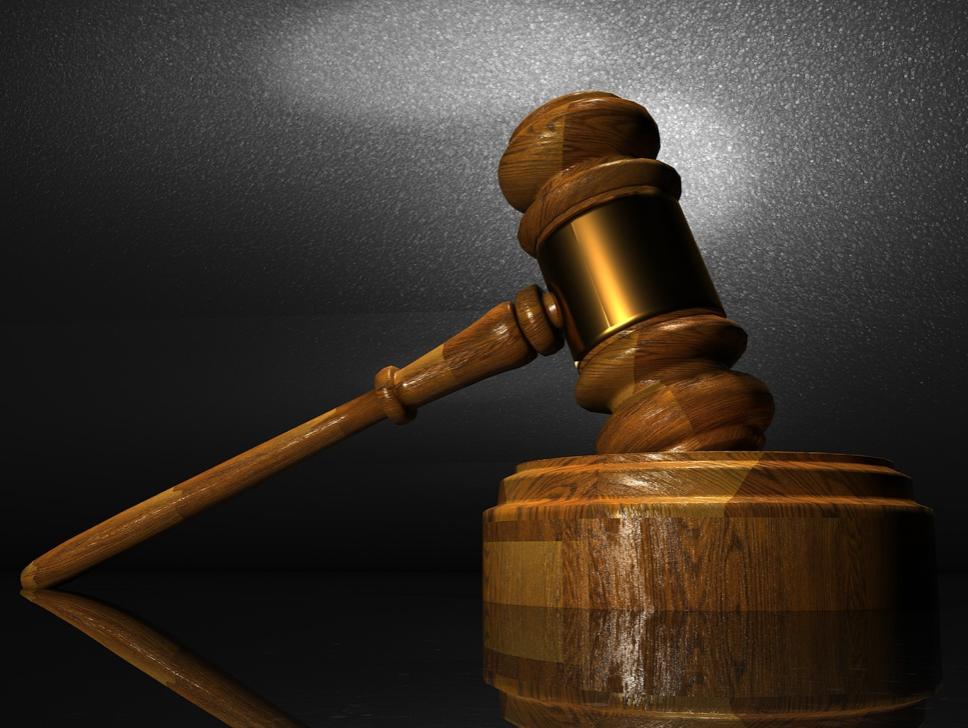You can always file personal injury claims against the responsible parties and receive fair compensation.
If you ever get hurt because of an accident or a third party’s actions or inactions, you should have the right to receive fair compensation.
The personal injury law in Oregon allows you to file claims against the person or entity responsible for causing you harm.
In this blog, you will learn how the personal injury law in Oregon works and how it can help you when you get injured because of a third party’s action or negligence.
What is Personal Injury Law?
Personal injury law is the field of law that protects your rights when a person or entity harms you. To get justice, you must file a claim in the state or federal court for a personal injury case.
Once you file the claim, you will be the plaintiff. Meanwhile, the person or entity (Such as the insurance companies) you filed the claim against will be the defendant.
The law explains when you can file a claim, who you can file the case against, the process you must follow to win the case, and what you can do if you win the case.
The filing and settlement processes can be quite complicated. Therefore, hiring experienced lawyers from the reputed personal injury law firm in Oregon would be a good choice.
Your personal injury attorney will handle the filing and the claim settlement process. This way, you can relax and focus on recuperating from your injuries.
Types of Claims Arise Under Personal Injury Law in Oregon
The types of claims that can arise under the personal injury law in Oregon are:
- Accidental Injuries: If you got hurt because of someone else’s mistake, negligence, or lack of professional obligation, you can file a personal injury claim.
It includes motor accidents, a doctor or clinic’s medical malpractice, or accidents that occur because of owners’ carelessness during the visit to third-party properties.
- Liability Claims: If you suffer from injuries because of a person’s actions or inactions, you can also file a personal injury claim.
The key here is that you’re hurt as the direct result of the third party’s action, regardless of any form of negligence or wrongdoing.
For example, if you get injured because of a defective product, you can hold the manufacturer responsible.
- Intentional Torts: If someone intentionally hurts you, you can seek compensation from that person by filing a claim under Oregon state’s personal injury law. For example, injuries caused by a third party’s direct assault.
Who Can You File a Case Against Under Personal Injury Law?
In most cases, you can file a personal injury claim against the person, company, or entity like a government agency responsible for causing you harm.
However, you can also file a case against more than one defendant.
For example, when filing a personal injury claim for medical malpractice, you can sue not only the doctor responsible for causing you direct harm, but you can also take action against the entire clinic.

Even if the clinic itself isn’t known for negligence, you can still hold it accountable for its physician’s medical malpractice.
Your attorney will help you figure out all responsible and legally liable parties and file a claim against them.
However, regardless of the party you sue, you will still be dealing with insurance companies to get fair compensation. After all, the insurance companies provide coverage to the defendants.
So, when the defendants as insurance policyholders cause you direct harm or physical injury, the insurers will be the ones responsible for compensating you to settle the claims.
What Must You Prove to Win a Personal Injury Case?
To win a personal injury case, you, a plaintiff, must prove that the defendants are liable for causing you direct harm. The evidence and witnesses you have to provide may vary depending on the type of claims.
Usually, you just have to show that the defendants had some form of obligation, which they failed to uphold, leading you to suffer from injuries.
In case of a motor accident, you need to show that the defendant failed to adhere to the traffic or road safety rules, resulting in an accident that injured you.
Or you can prove that the defendant’s actions or inactions are directly responsible for causing you physical harm.
Your lawyer must show evidence and have witnesses to prove these points to win the case.
How are Personal Injury Claims Settled?
Most personal injury cases are settled outside of the court through negotiations between yours and the defendant’s lawyers.
Your attorney will ensure you get fair compensation for the injuries you have suffered during the settlement negotiations.
However, if the negotiations fail, the case will be dragged to court trials. During the trials, the judge or jury will provide a verdict based on the pieces of evidence and witnesses presented by both lawyers.
Conclusion
Oregon state established the personal injury law to protect its citizens and their lives if they ever suffer unjustified injuries.
So, if you get injured because of accidents, medical malpractice, defective products, or intentional torts, don’t worry.
You can always file personal injury claims against the responsible parties and receive fair compensation.


Join the conversation!